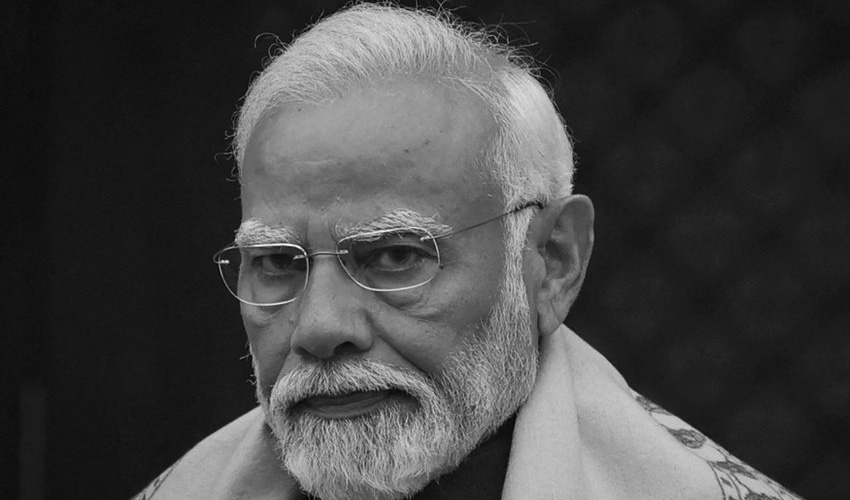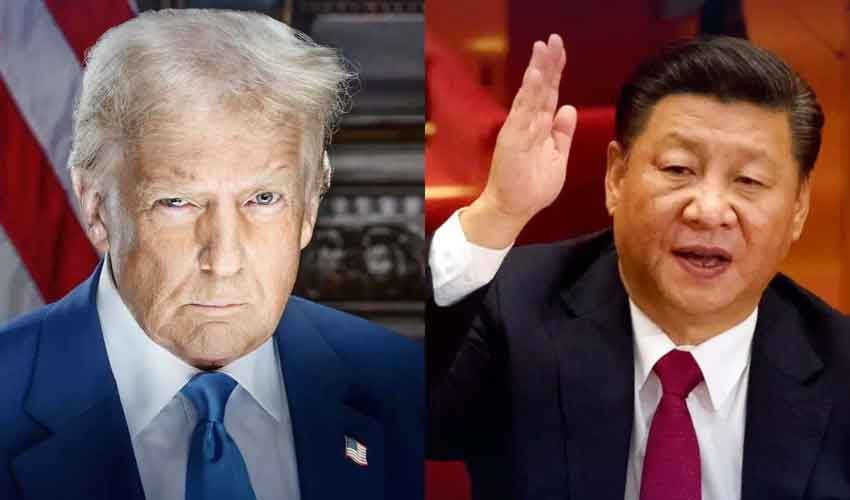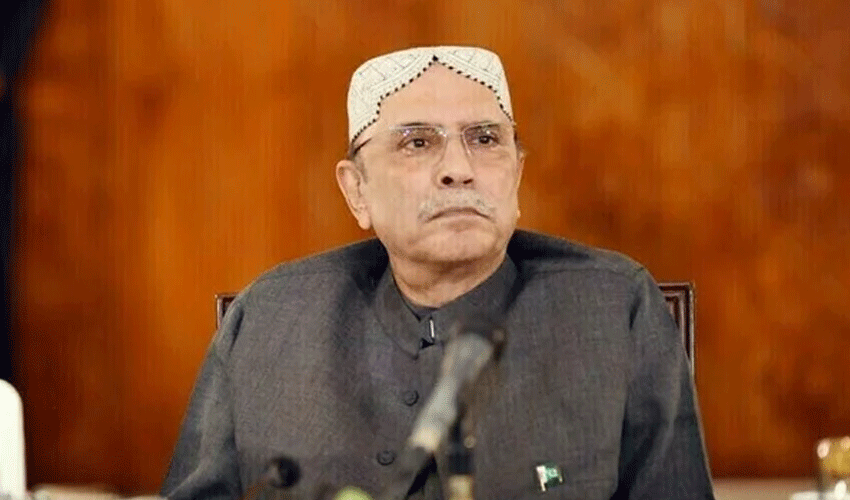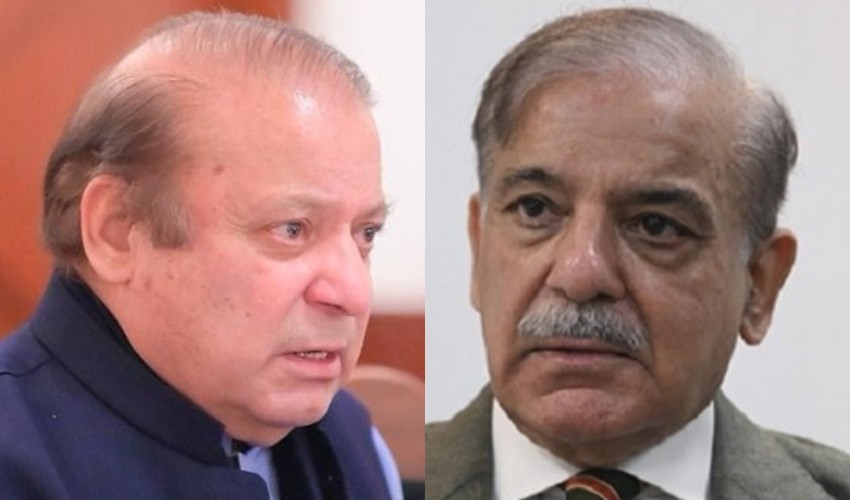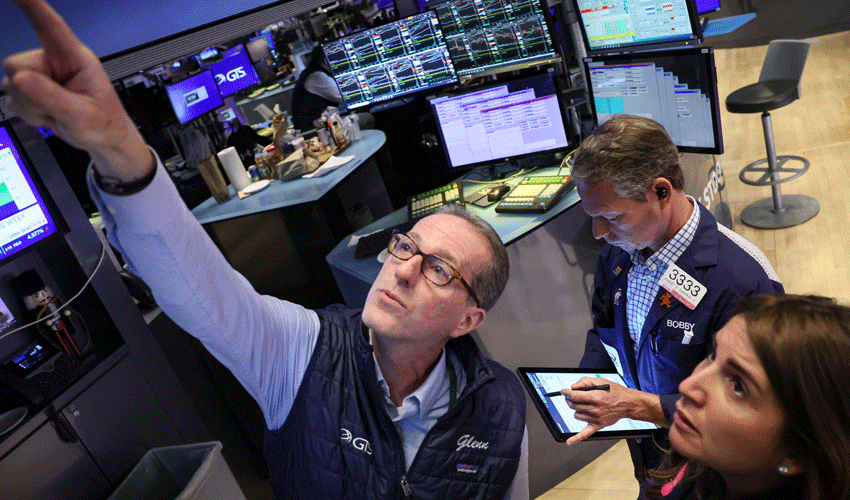Since Narendra Modi's ascension to power in 2014, India's sociopolitical narrative has been increasingly influenced by the Rashtriya Swayamsevak Sangh (RSS) ideology, fundamentally reshaping the country's social and political landscape.
The government's Hindutva-driven approach has manifested through several significant legislative and administrative actions, including the triple talaq ban, abrogation of Article 370, citizenship amendment legislation, and the Ram Janmabhoomi project.
The current phase of Hindutva implementation focuses on urban spaces and city life, strategically applying social, cultural, and spatial transformations. Municipal policies have systematically targeted Muslim communities, employing a comprehensive approach that extends beyond legislative measures to reshape urban environments and social structures.
Urban development strategies have increasingly employed the concept of "ghettoization," effectively marginalizing Muslim populations into underdeveloped areas with limited access to basic necessities, education, and economic opportunities. These areas remain largely unprotected by official legal frameworks, existing in a quasi-legal state of precarity.
The government's approach goes beyond geographical segregation, actively working to reshape cities into aligned Hindutva-centric spaces. Key characteristics include systematic erasure of existing cultural markers, disruption of employment patterns, selective urban renewal schemes, and localized public movements designed to reshape social dynamics.
Urbanization strategies have increasingly focused on renaming streets, cities, and public spaces, systematically removing references to Muslim historical figures. Cities like Mumbai, Chennai, and Kolkata have witnessed significant name changes, with streets and localities being renamed to remove Islamic cultural references. This process of "de-colonization" begun in the 1990s has accelerated, symbolically attempting to cleanse urban spaces of multicultural historical narratives.
Economic strategies have also targeted Muslim communities, increasingly restricting their economic participation. Street vendors, small business owners, and workers in traditional sectors like food preparation, handicrafts, meat, and leather industries face continuous harassment and economic marginalization. Many cities and states have implemented policies restricting Muslim entrepreneurs from operating during specific festivals or national holidays.
The construction of the Ram Temple in Ayodhya represents a significant milestone in the Hindutva movement, symbolizing the ideological transformation of public spaces and cultural narratives. The broader implications suggest a comprehensive redesign of social and cultural landscapes, raising significant questions about minority rights and social cohesion.





